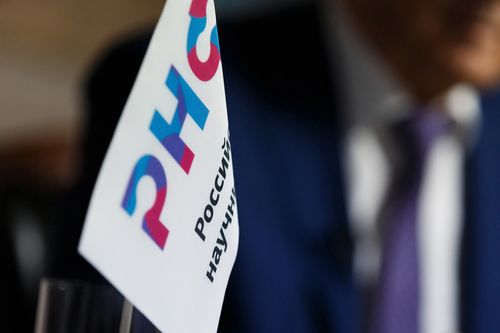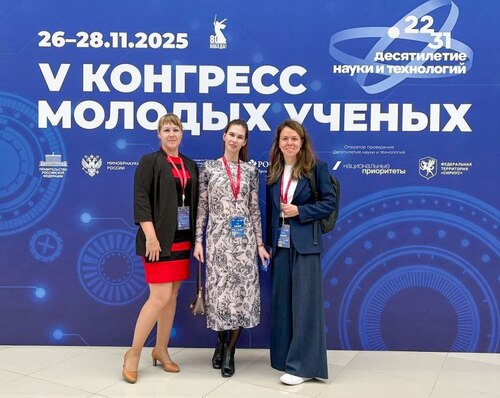A previously unencountered mosquito species, Anopheles claviger, was detected during sampling in the research station premises in Gomselga Villlage, Kondopoga District, and in Petrozavodsk. There were 8 individuals in samples from 2023 and 9 in 2024.
— The last comprehensive studies of the bloodsucking dipteran fauna in Karelia date back to the 1970s-80s. Sampling was carried out annually and at a massive scale. Had Anopheles claviger been present in the region back then, it would have surely been discovered, - said Sergey Burmyrin, Head of the Laboratory of Animal and Plant Parasitology, Institute of Biology, KarRC RAS.

Blood-sucking mosquito species new for Karelia – Anopheles claviger.
Anopheles claviger is widespread in the Western Palaearctic: southern parts of Sweden, Finland; in Russia the species has been encountered in the Northwestern, Volga and Ural Federal Districts. The findings in Karelia turned out to be the northernmost locations in the species distribution range.
— The expansion of the species' range may be due to climate change. We still have too little data to speak about its distribution in Karelia. We cannot say how far north it can be found. We believe it is more widespread than what we show in our article. The flight season in Anopheles claviger is in August, whereas peak abundances in other mosquito species occur in June-July. As a rule, entomological sampling takes place during this period. The short trips made so far cannot provide an accurate image of the distribution of this species in the republic, — the scientist explained.
Researchers remark that there is no need to fear the spread of malaria in the region. At present, there are no local foci of the disease in Karelia, as the pathogen itself, the malaria plasmodium Plasmodium spp, is absent
— The risks of getting malaria for a person who does not travel anywhere are extremely low. Theoretically, if a person with malaria, e.g. a tourist from Africa, comes to Karelia during the flight season of Anopheles mosquitoes and is bitten by them, and then these same mosquitoes feed on another person, the latter will also contract malaria. But this is unlikely, — Sergey Bugmyrin clarified.
Observations of blood-sucking mosquitoes were resumed last year within Russian Science Foundation project ¹23-14-20020. The research is conducted by staff of the Institute of Biology KarRC RAS together with colleagues from the Zoological Institute RAS (St. Petersburg) and the Poliomyelitis Institute (Moscow). The team studies the pathogens transmitted by ixodid ticks and blood-sucking mosquitoes. The scientists will assess the potential effect of environmental changes on the distribution and occurrence of various viral agents, which can be dangerous for humans as well.
The scientists' work will help describe the current infections transmitted by blood-sucking insects and ticks, as well as predict the possible dynamics of diseases that threaten human health. It is also important to assess the ecological consequences associated with global climate change for northern communities.

Bloodsucking insects are lured to the trap with carbon dioxide and an attractant, and are then sucked into a special container.
Photos: Aleksey Khalin (Zoology Institute RAS), Natalya Lyutikova (KarRC RAS)







